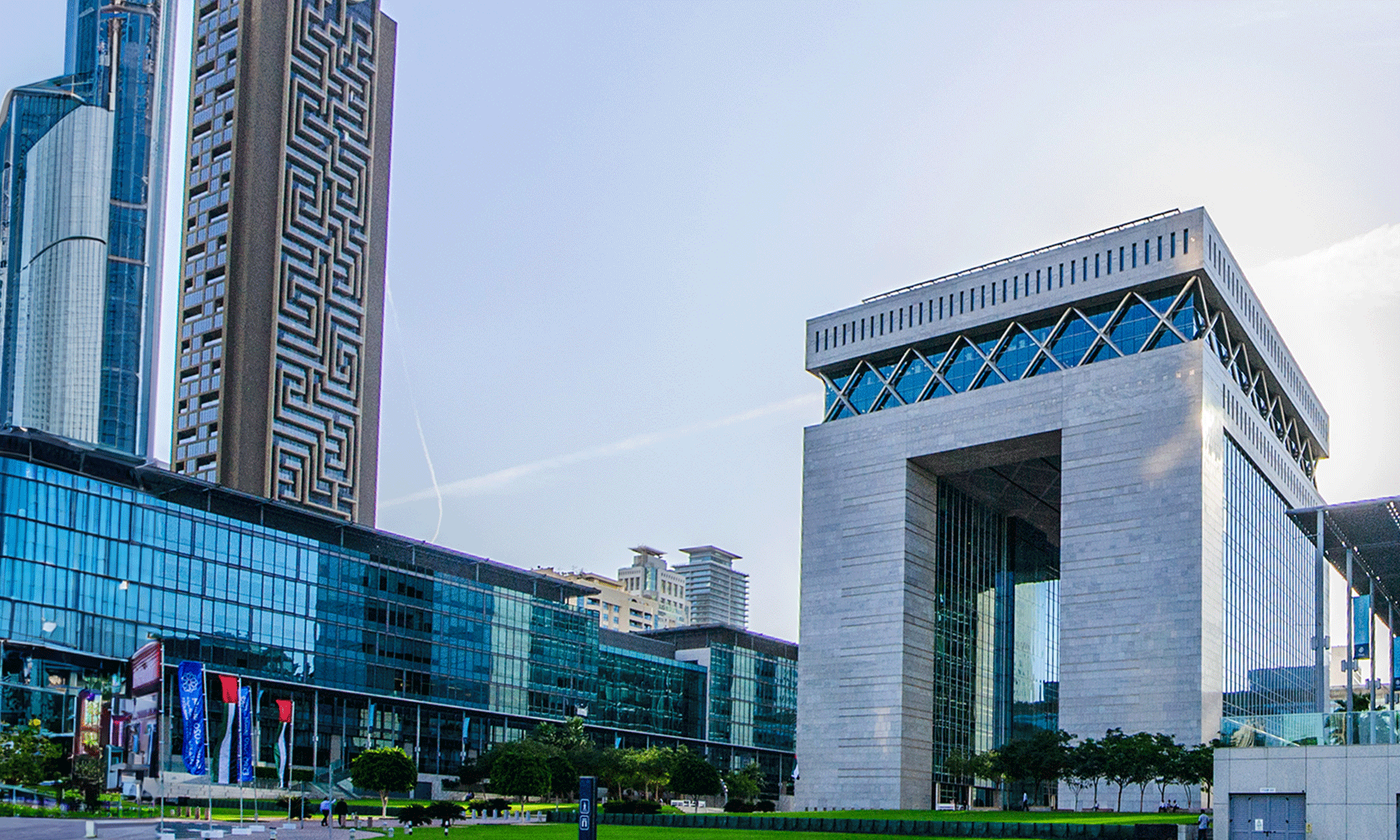As per the recent FDI law update, 100% foreign ownership is allowed in mainland companies in certain sectors of the economy. The resolution allows 122 economic activities in which FDI is permitted. This list includes economic activities across various sectors including agriculture, manufacturing and services (including healthcare, hospitality, construction, education, among others). This move aims to strengthen the UAE’s commitment to become the preferred foreign investment destination in the region.
The UAE government is making every effort to raise the industrial sector’s contribution to the GDP and foster economic growth by working towards building a sustainable and diversified economy. In fact, the country is all set to achieve its mission – UAE Vision 2021 and UAE Centennial 2071 – a long-term government plan spanning over five decades. The recent FDI regulations will further boost this plan.
It is worth noting that the UAE’s economy still stands strong despite the recent crude oil price fluctuations and global slowdown caused due to COVID-19 pandemic. Besides, the country’s economy is heading towards major diversification and focusing on building a future based on non-oil sectors.
While companies are facing a bigger challenge of addressing supply chain issues and additional manufacturing locations, UAE also focuses on achieving advanced technology outputs in order to transform its business models.
UAE enjoys the advantage of its strategic location on the new Southern Silk Road between Asia, Europe and Africa. Besides, it also ranks high in all the five areas of manufacturing environment viz, infrastructure and innovation, energy and transportation, policies and regulations, workforce quality and unrestricted adaption of automobile and Artificial Intelligence facilities. The favourable economic environment results in increased productivity which in turn helps develop transformative technologies helpful for developments in the fields of Artificial Intelligence, Advanced Innovation, Fourth Industrial Resolution, etc.
With the global crises, there are uncertainties regarding economic growth. During such times, UAE is focusing on finishing its infrastructure and strategic projects which were kept on hold for a long time. This is further set to boost investment in the region. The manufacturing sector is largely benefitting from this move. Manufacturing sectors are given special attention as they help achieve these projects in all economic sectors such as medicine, aviation, renewable and nuclear energy, military, aluminium, plastic, food, engineering, robotics, space, biotechnology, artificial intelligence, self-propelled vehicles, etc.
For businesses setup in UAE, this new FDI law update will prove to be very fruitful. If you are looking for company formation in Dubai, you may consider reaching IMC Group.























